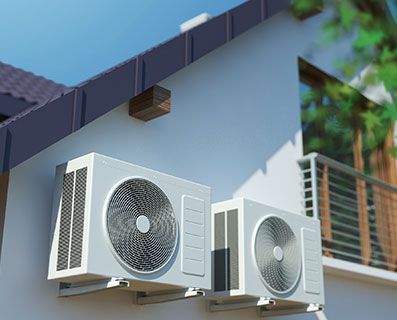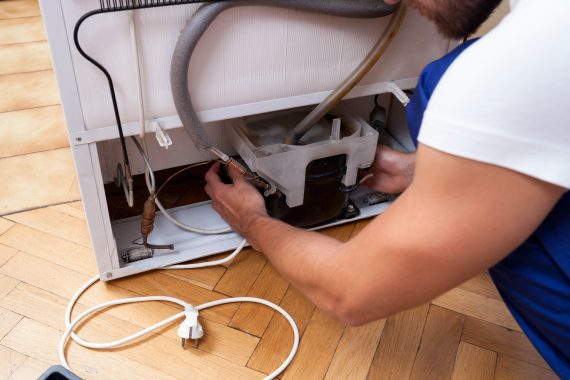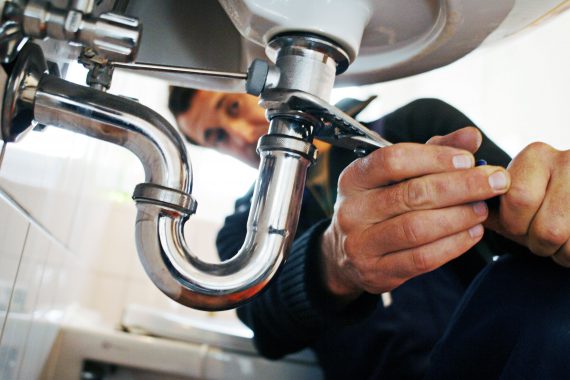As the weather gets colder, utility bills tend to rise. When it comes to energy costs in the winter season, following a few easy energy savings tips for winter can add up to significant savings. Reductions of some type can be found in nearly every room of the house.
The laundry room is a good place to start. For savings throughout the year, clean the lint trap in the dryer before every load. Also try not to get your clothes overly dry. Shaving a little time off of every load will make a difference in the long run. If you plan to buy a new dryer, look for an energy-efficient model. To save on costs when using a gas water heater, also consider washing clothes in cold water.
The kitchen is another area in which to look for savings. A warm oven feels nice in winter, but consider microwaving small portions of food at a time when appropriate. The oven uses much more energy, and it runs for longer periods of time. Also look to your dishwasher for potential savings. Check for settings that save energy, and see if your model has a booster heater. If it does, you might be able to lower the setting on your hot water heater.
When it comes to the water heater, also consider energy savings that might be found in the bathroom. Showers, for example, generate a large amount of water heating costs. Spending less time in the shower can reduce those costs. Low-flow shower heads can also create a reduction in water heating costs.
Thermostat settings present a significant opportunity for energy savings in winter weather. If health and reasonable comfort permit it, try setting your thermostat at 68 degrees or lower. For each degree above 68 degrees, up to 5% more energy is used. When away from home for approximately 8 hours, try a setting of 56 degrees. This could create savings of up to 15% per year on heating costs.
Some of these tips might more practical for you than others, but many are applicable for everyone. Every little bit helps, and some of the tips are easy to turn into a habit. Be sure to check back here soon for more tips on savings.



















